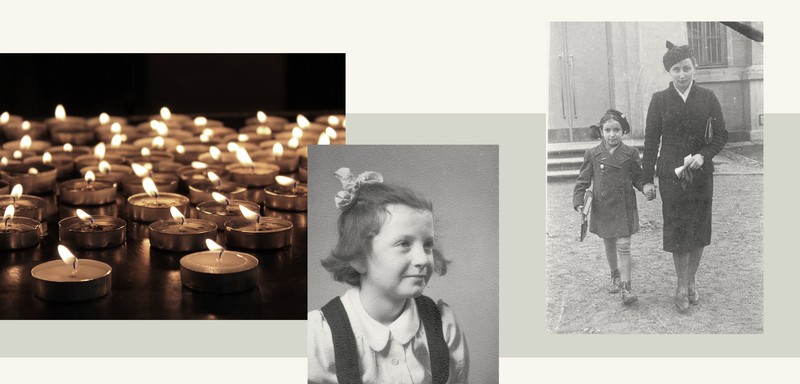
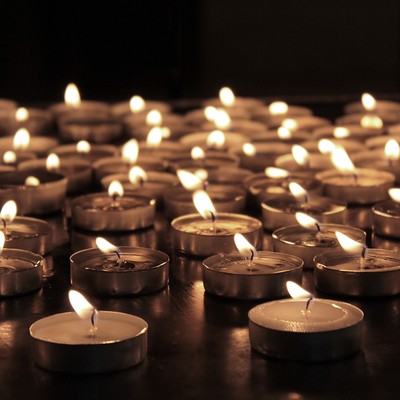
9 Life Lessons From A Holocaust Survivor
Love & Pain Are Intertwined
I was nine when the war started and 14 when it finished. As a child I was much loved by my parents and I suppose my siblings loved me one day and then not the next! You know how that goes… But before the war we had a very normal family life. When war broke out, I don’t think I gave things like love much thought – I was just trying to cope with the terrible conditions of the ghetto and, later, the concentration camp. The Holocaust was so dreadful – an awful situation where families and the love they had for one another was constantly put to the test. Parents were torn apart from their children or forced to watch them die. Guards would often make mothers choose between their children as to which ones were sent to the gas chambers. Suffice to say the normal idea of love changed completely – it was overridden by this sense of losing people all the time. It was a very painful experience.
Grief Is A Part Of Life
A bit like love, grief wasn’t something I acknowledged during the Holocaust – the priority was just surviving. I suppose grief just entered my life when I was very young – as did enormous responsibility. I had to look after my younger cousin – she was five and I was 12. Her mother, my aunt, was taken away to a camp so I had to look after her, as I was the only female member of the family left. It was such a strange situation, but we just had to cope with it. The fact my young cousin survived was a miracle – by the time we were liberated, she was only seven. Emotions like grief only really hit me after, and I think the drive to survive and all the anxiety around that will always stay with me.
Most People Are Kind
I’m often asked what helped me survive and the honest answer is I don't know. I suppose I was lucky that people were nice to me. On one occasion, I was being deported from the ghetto and I asked the German officer in charge if I could go back to be with my father and brother – both of whom had work permits, so were allowed to stay. By contrast, a lot of the women and children were seen as unfit for work. The officer looked at me very surprised – I mean, he could have shot me on the spot. He was probably a bit amused that someone had asked to stay; I don’t know if anyone else had ever asked him that before. But when I tried to take my cousin in with me, they said I couldn’t. I didn’t know what to do – stay with my father and brother united or go with my cousin? I decided to argue my case a bit and, luckily, after a while, he gave up. But that was most unusual. So often, the situation would be officers forcing mothers to choose between their children. The way I look at it was, if I had done nothing – said nothing, not stood up for myself – I probably wouldn’t have survived.
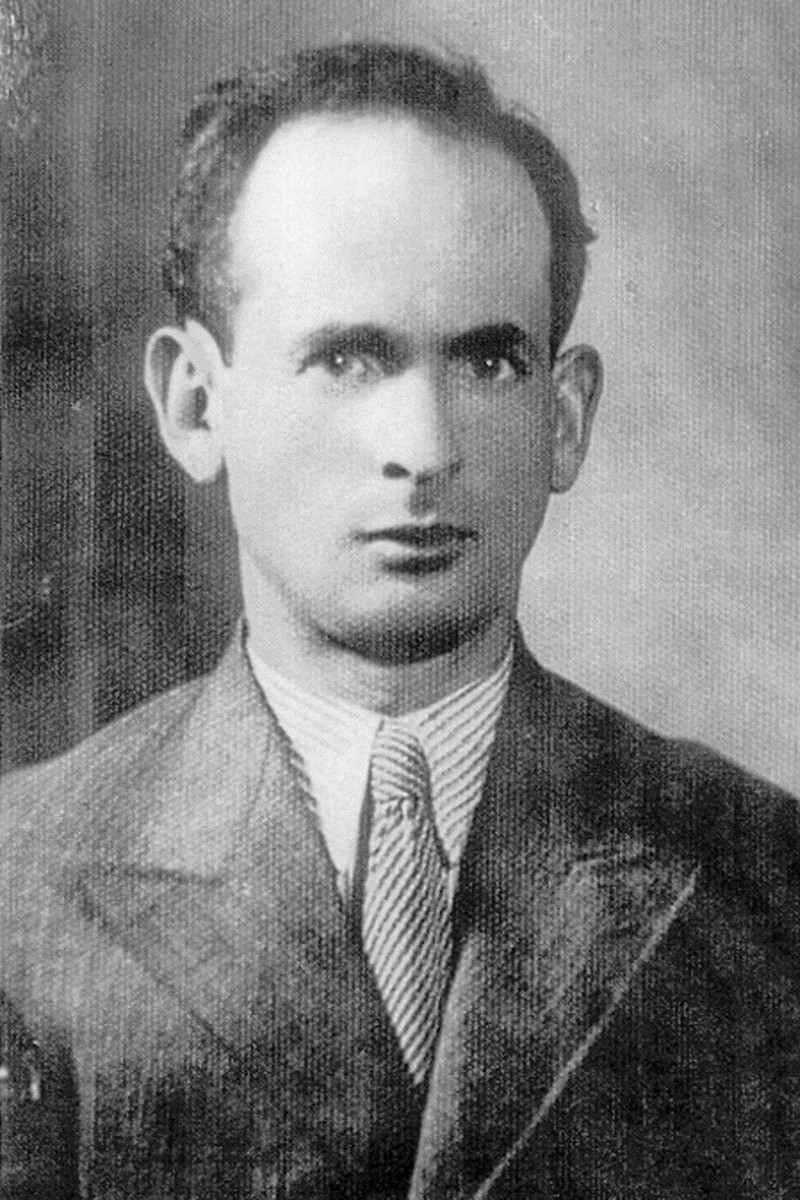
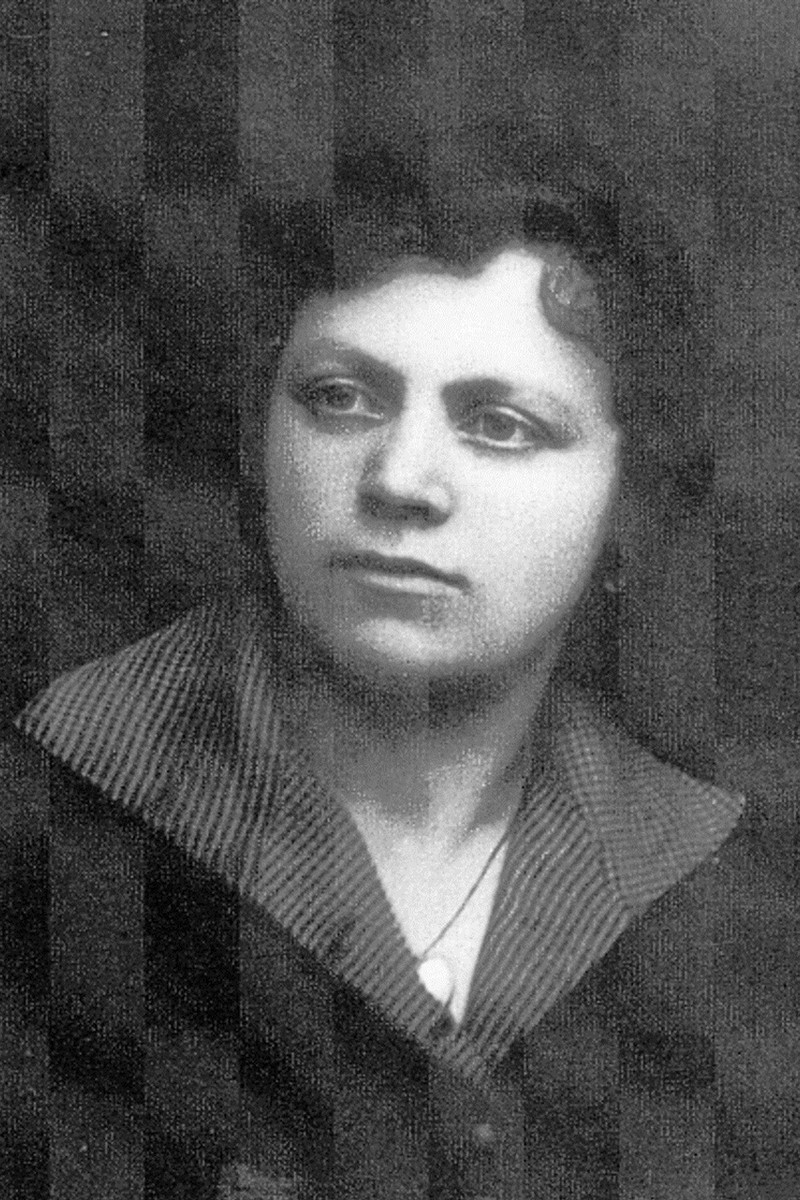
Hope Is Eternal
In 1945, I was liberated from Bergen Belsen. When the British arrived to make their raid, they suddenly stopped because there were three German officers outside with a white flag saying they planned to surrender the camp. They didn’t want the British to fight their way in, open the gates and let us all escape. So, they just proceeded into the camp and made the announcement. But by that point, everybody was dying and I remember lying, very ill, on my upper bunk by the window. I must have come back into consciousness because I saw people running outside – not fast, but they were kind of moving towards the gate. I knew there was something happening, but I didn't hear the announcement that we were free. I just stayed put because I was so ill and there were thousands of other people who were also ill and dying.
The liberating forces were absolutely wonderful. They had to create 2,000 beds to treat the sick and dying, but they didn’t have any wood or supplies, and everything was pretty chaotic. I waited two more days while they prepared the accommodation but when they came to collect me – two soldiers with a stretcher – I said that's alright, I'll just get out myself. It’s proof of my optimism because when I got out, I just collapsed. I couldn't stand, certainly couldn't walk, and they just gathered me up and took me to the hospital. To this day, I think my hope and optimism counted for a lot. Looking back, I often think about how people acted and reacted, and whether or not they made it through.
A Little Good Luck Goes A Long Way
I'm always asked how I survived. Sometimes it will be after I’ve told my whole story to a large group and, even then, they still want to know. But the truth is I don't know. Ultimately, a lot of it was luck – I was lucky that my body was strong enough because there was no medicine or treatment, and I was also lucky to be looked after by some kind women in the children’s ward once we’d been liberated. I was in there with some Dutch children and, while these women weren’t qualified nurses, they were so good to us. I think a lot about Anne Frank, who was at the same concentration camp as me at the same time. I never met her – I arrived in February, she died in March and we were liberated in the April. If that’s not proof that luck was on my side, I don’t know what is.
There Is Good In The World, Even If There Is Evil
We never knew where we were being sent. We just arrived at the place and only later the name of it. That certainly applied to our deportation – even after the war. I have no idea how or why it happened, but Sweden decided to open their borders to Holocaust survivors without any adult family members. At the time, I assumed that was the case for my cousin and I (my mother and aunt had both been killed, and I presumed my father and brother too). It’s interesting because Sweden had been heavily involved in rescuing persecuted Jews long before the end of the war – exchanging them for lorries and other supplies the Germans needed. They rescued a lot of people but, once the war finished, they really opened their gates.
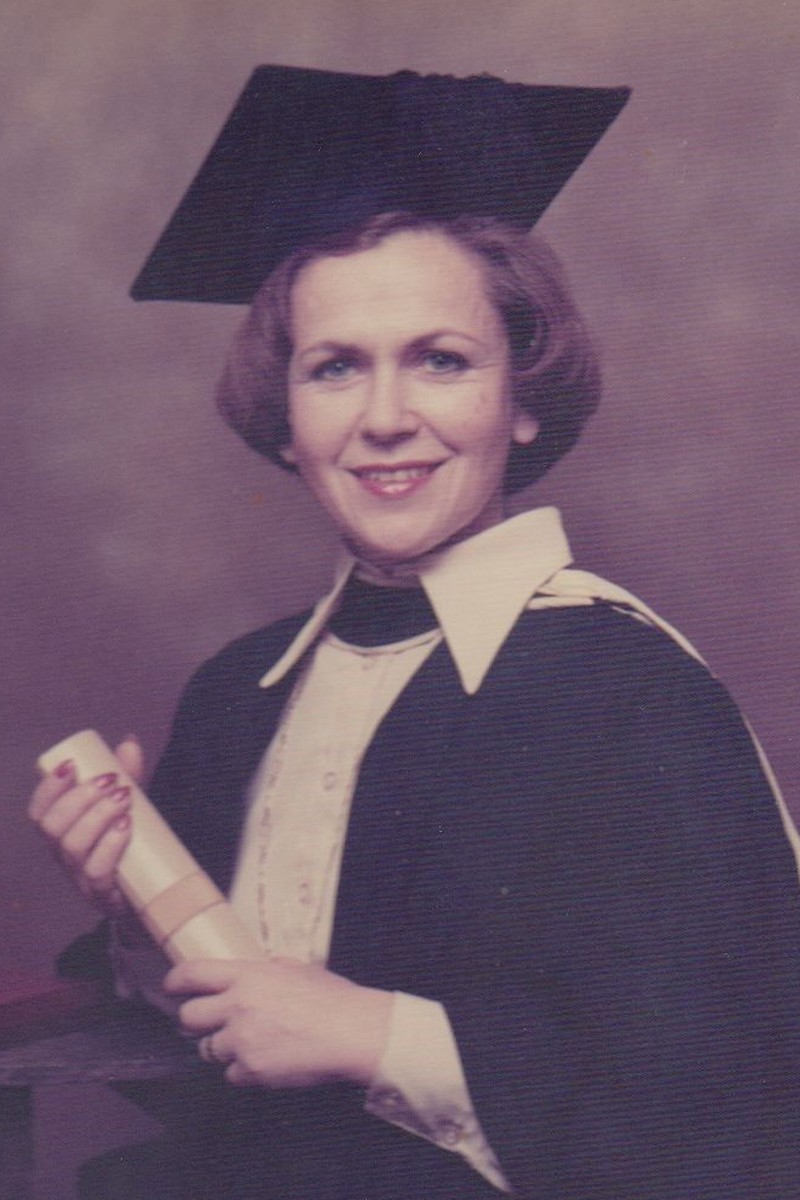
There’s So Much To Be Grateful For
I went over to Sweden with a group of children about four months after the war. We stayed in this converted stately home (which admittedly had been stripped of all its beauty) and they sorted us into age groups for our schooling. My cousin was put in a different group and building because she was so much younger, but I remember feeling so relieved at being safe and being given an education. We weren’t under this constant threat of being killed or feeling hungry or being gravely ill – and my cousin and I were lucky to be in the good health we were. Lots of the children there had long-term wounds that had never been properly attended to in the camps, especially towards the end. The camps fell into chaos towards the end of the war. I remember when I first arrived in Ravensbruck, everything was actually in pretty good order. There was a regular time we had to be up (5am) and outside to be counted (I remember it was freezing but, being Polish, we were used to the cold) and mealtimes and working hours were the same. By the time we went to Bergen-Belsen, the war was nearing its end (although we didn’t know it at the time) and they were sending a lot of Poles to Nazi camps like Auschwitz. That’s where a lot of them died.
Family Has A Way Of Finding You
A couple of years into my stay in Sweden, I was surprised to get a letter from my brother Ben. I had no idea he’d survived – I’d lost my mother, aunt and sister, and presumably my father – but I was hopeful like so many of the children I was with at the time. At the beginning, Ben and I were still hopeful that maybe our father had survived, that maybe he was living in some other country or somewhere in Poland. But we eventually got confirmation from someone who actually witnessed his death on one of what’s called the Death Marches – forced evacuation that involved long, long walks with no real supplies or proper clothes. He tried to escape with some others. Knowing my father, he was very adventurous, not scared of difficult situations and I guess he took his chances in the night.
We Have To Keep Our Loved Ones’ Memories Alive
When we arrived in Ravensbruck, the first thing they did is take everything away from us – which wasn't very much. Then we had to queue up to give them our details but there isn't much information about what happened to various people. Our clothes were taken away, our heads were shaved, and we went through cold communal showers. At the other end, we were given this striped jacket and a number. That’s what so many Holocaust victims are – a number. Whenever someone asks about my mother, aunt, sister or father, I try to use their names as much as possible. Even friends from the ghetto. We can’t forget who they really were or what their lives were like before the Holocaust. I didn’t get involved in working with the Holocaust Educational Trust until much later – after I’d moved to England, I started work and met Maurice, my husband. But I’m so glad I did, and it means so much to me now. The Holocaust was horrifying, and an awful experience for children, but we can’t ever forget it happened.
Holocaust Memorial Day takes place on 27th January 2023. Find out more at HMD.org.uk and hear Mala’s full testimony here.
DISCLAIMER: We endeavour to always credit the correct original source of every image we use. If you think a credit may be incorrect, please contact us at info@sheerluxe.com.

